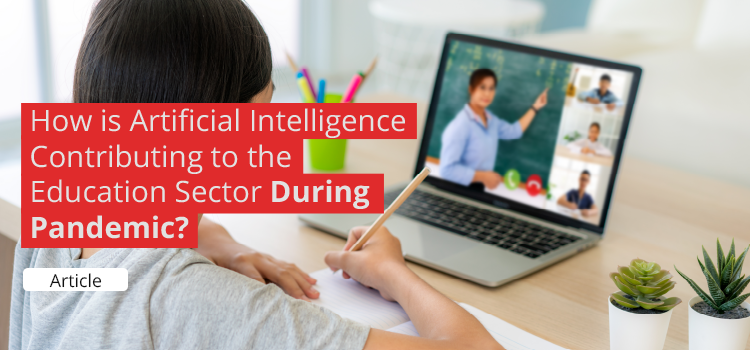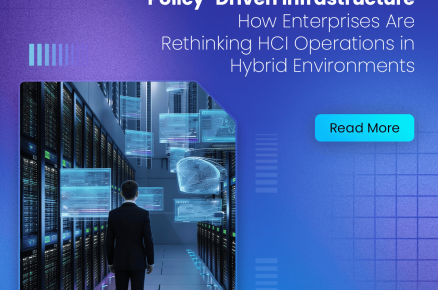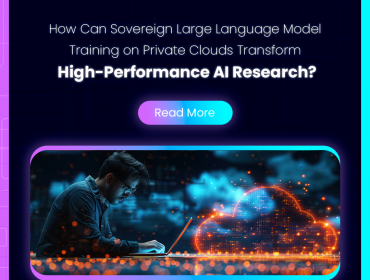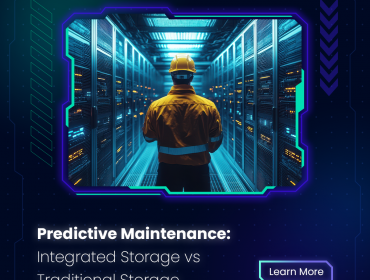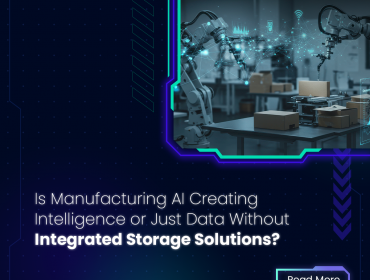The education sector has been affected by the digital revolution. Schools are closing and universities are moving into e-learning. Many teachers, as well as students, are now working in different ways.
The pandemic triggered the fastest and largest migration of educators and students to digital platforms.
Schools and colleges have long been toying with several forms of technology, right from cloud-based programs for their students to on-site experiential lab-oriented technologies.
But time has come when AI needs to be seriously considered in this age of education transformation, where educators and policymakers are faced with challenges of personalizing the curriculum, making it reach the remotest corners & to the poorest child, igniting collaboration among students and teachers, and above all finding a process to evaluate the efficacy of the curriculum of performance of students.
But what exactly is AI, and how can we approach it intelligently?
Artificial intelligence (AI) is the simulation of human intelligence processes by machines, especially computer systems. AI has gained traction recently, because of the emergence of the following phenomenon -the Internet of things, whereby we now have availability of large quantities of data, powerful computer processing with large clouds of cheap, accessible storage, and AI algorithms that can learn.
It will be prudent to remember that AI as a stand-alone technology will not be as fruitful as compared to a situation where it gets integrated with various other technologies like High-performance computing, big data analytics, AR, and VR. We need to visualize areas that can be impacted by AI and then find ways to integrate AI with other relevant technologies to create value for students and educators.
A good example could be to use AI and Robotic automation together for grading purposes or leverage stored data and find correlations to segment students together and create collaborative projects where these students can work together.
How could AI have supported learning during the coronavirus crisis?
Why do we get schooled? The answer to this question, perhaps, answers why we need AI for education.
One of the most advanced fields in digital education technology is the personalization of learning. Imagine an education system where the curriculum can be dynamically adapted for each student depending upon his/her flair and skills. What’s happening today (and before COVID too) is that all students receive the same curriculum and take the exams at the same time, whether they are ready or not. This would get changed by AI. AI can find learning blocks and opportunities and pace the curriculum in a personalized way.
Some other interesting technologies are also getting integrated with AI to create a monotony-breaking experience for students. Virtual reality (VR) creates an immersive 3D environment that a user can explore. Augmented reality (AR), on the other hand, superimposes digital elements such as visuals, sound, and text onto a user’s surroundings.
VR can be used to enhance learning and engagement by allowing students to interact directly with the material.
Google Expeditions, for example, allows students to take more than 900 VR tours, including to the 7 wonders of the world and to the Great Barrier Reef. It also provides access to over 100 AR tours, ranging across topics from Shakespeare to magnetism to art history to plants. (Source: https://www.cbinsights.com/research/back-to-school-tech-transforming-education-learning-post-covid-19/)
The education sector is certainly slated for a remarkable transformation and will be vastly different from what it is today, thanks to the pandemic. The role of teachers may get altered, but not redundant. Overall AI will make learning much more personalized, interesting, and less intimidating for students, and will assist educators/teachers in creating a much larger impact on society.
Get in touch to start your project today. As an AI-driven company, we can help you build breakthrough AI-powered products & solutions
Learn more: www.netwebcsp.com/ai-and-machine-learning-service


